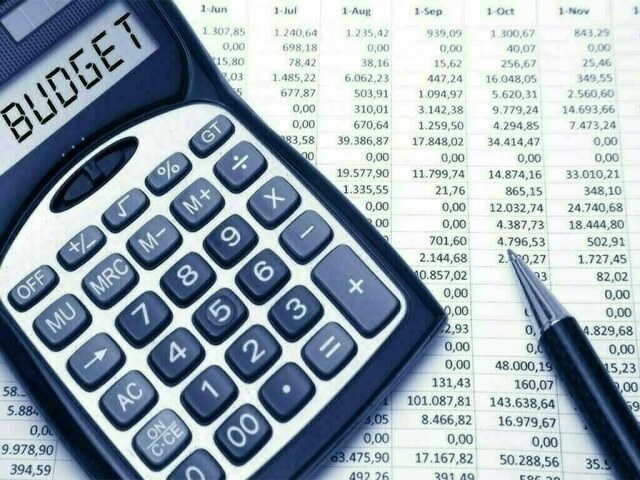KARACHI: Pakistan Chemicals & Dyes Merchants Association (PCDMA) has submitted budget proposals to the Federal Board of Revenue (FBR), aimed at providing relief to taxpayers and building trust between the business community and the tax authorities.
In budget proposals, PCDMA Chairman Salim Valimuhammad highlighted the increasing burden of compliance faced by taxpayers, stating that excessive documentation and frequent audits are discouraging participation in the formal economy. Budget proposal committee headed by Umair Tariq.
The PCDMA chief emphasized that many taxpayers are willing to comply but struggle due to limited technical knowledge and the harsh behavior of tax officials. The association called for a more supportive and educational approach from FBR to encourage voluntary compliance.
He also raised concerns over the audits conducted under Section 165 related to withholding tax returns. As withholding agents already handle tax collection responsibilities, the additional pressure of audits creates unnecessary stress. The association proposed discontinuing these audits to ease the burden on businesses.
A significant issue outlined in the proposals was the difficulty families face in continuing businesses after the death of a sole proprietor. Under current laws, they are required to start the registration process from scratch. The PCDMA recommended allowing a family member to be added as a representative in the deceased’s IRIS profile to ensure continuity of business operations.
Salim Vali Muhammad called for the revival of the Final Tax Regime (FTR) for commercial importers. The PCDMA pointed out that although commercial importers are still paying the Additional Sales Tax (Value Addition Tax), the audit exemption that was previously granted in return has been withdrawn without explanation. The association demanded either the reinstatement of audit immunity or the withdrawal of the additional tax.
He further urged the government to provide relief under Section 8B by restoring the previous facility for commercial importers. If immediate restoration is not possible, it suggested that at least 95% of output tax should be adjustable, with only 5% payable to address liquidity issues.
“To combat the issue of fake invoices, the association proposed reducing the rate of Further Tax from 4% to 1%, making it easier for genuine businesses to comply. It also recommended a phased reduction in the general sales tax (GST) rate, starting with a cut to 16%, with the aim of reaching single-digit rates in the long run.”
Regarding local supplies, the association suggested lowering the withholding tax rate on raw materials to 2% for companies and 2.5% for individuals. This, they believe, would encourage more businesses to join the formal economy and improve documentation.
The PCDMA strongly recommended the discontinuation of the Export Facilitation Scheme (EFS), arguing that it has primarily benefited unscrupulous actors who exploit the system to evade taxes under the guise of exporting goods. The association emphasized that such schemes are incompatible with Pakistan’s current economic environment, where weak enforcement mechanisms and widespread pilferage remain major concerns.
“EFS has not only failed to achieve its intended purpose but has also created difficulties for genuine importers while encouraging non-taxpayer actors to thrive. The association urged the government to instead focus on improving and expediting the standard refund system to support legitimate exporters without facilitating tax evasion.”
The PCDMA also raised concerns about unequal treatment between commercial and industrial importers under Section 148 of the Income Tax Ordinance. The current higher tax rates for commercial importers were described as unjustified, particularly since many manufacturers misuse their status to import goods for local sale. The association called for an end to this disparity or the reinstatement of the FTR if the higher rates are to continue.
Salim proposed streamlining customs duties under PCT 32.04, suggesting a flat rate of 5% to eliminate under-invoicing and plug revenue leakages. It also demanded the abolishment of the Rs 500 WeBOC token fee, pointing out that importers are now paying an equivalent PSW fee and should not be charged twice.
The PCDMA recommended capping customs duties on raw materials such as chemicals and dyes at 5%, arguing that the current higher rates—up to 20%—along with additional customs duties, are detrimental to business and must be eliminated.
The proposals reflect the business community’s desire for a fairer and more efficient tax system and underscore the need for reform to restore confidence and support economic growth.
Copyright Business Recorder, 2025


